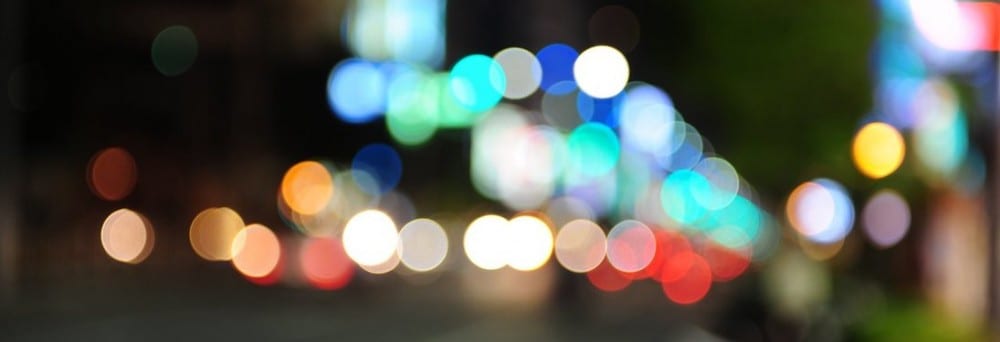A Happening is a type of performance which is concerned with the message being received by the audience. “Today we think in terms of ‘messages sent and received’ and understand that perception is a relationship between the sender, the message, and the receiver” (Schechner, 1995, 216). We think this way because we are used to being surrounded by technology which commonly use this kind of terminology (emails, sms texts, social network sites). Our own performance is highly based around audience involvement and reaction, not only this but we want to receive the audience’s own personal responses to the piece. “Happenings leave to the audience […] the job of ‘putting something together’ or ‘making something out of’” (Schechner, 1995, 218). The audience is presented as the most important aspect of the performance because they are given the opportunity to be actively involved in creating and/or deciphering the performance, and this type of intimate involvement ultimately gives them the freedom to determine the outcome of the performance. The participants of Happening’s have been offered a kind of freedom and “the receiver now confronts the freedom which is difficult to avoid once presented, and equally risky to accept” (Schechner, 1995, 218). This statement highlights the lack of freedom the average person experiences and as a result, they yearn to feel a sense of freedom, even if it is merely to do something silly or different even for a fleeting moment. The desire for freedom is strong, however, the public sees this extent of freedom as a challenge against social boundaries, and so they are fearful of the consequences.
“Happenings challenge theatre people to re-examine the stage […] focus and relationship to the audience” (Schechner, 1995, 218) On the stage, audience interaction is always set in a safe, controlled environment in contrast with the city in which the unexpected can happen and a certain feeling of safety is diminished. Chance occurrences and spontaneous events have the ability to change an entire performance which is why Happenings are based around audience experience and involvement. In consideration to this, our performance will seem like a spontaneous act in the middle of the street and will hopefully peak the public’s curiosity which will persuade them to interact with us. We hope to give them a sense of liberation from the constraints of their everyday lives and to interrupt the business of the street in order to give them a sense of release from consumerism.
Schechner, R. (1995) Happenings. In Sandford, M. (ed.) Happenings and Other Acts. London: Routledge, 216-218.
